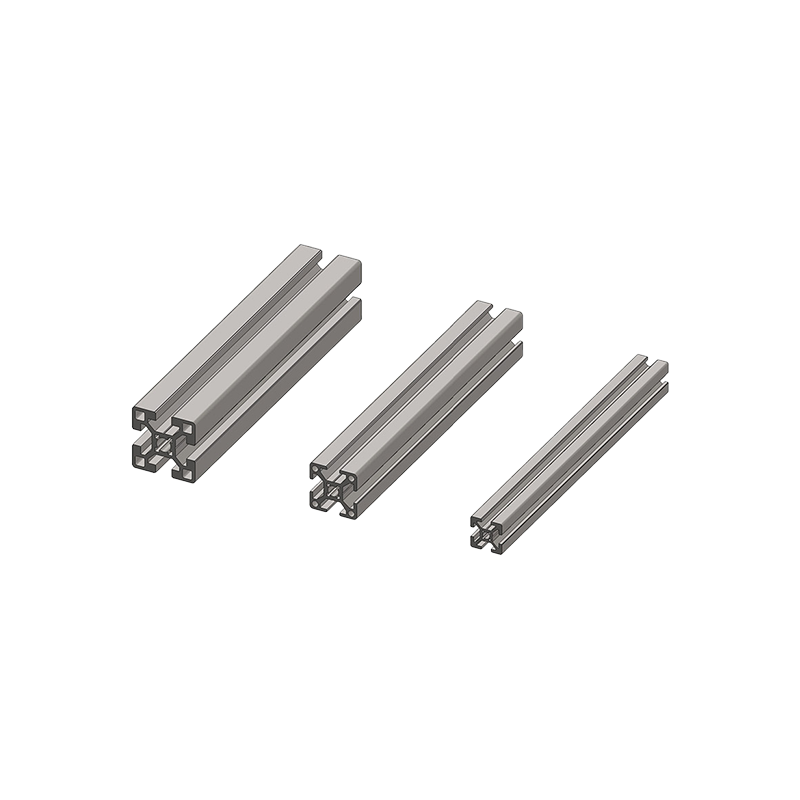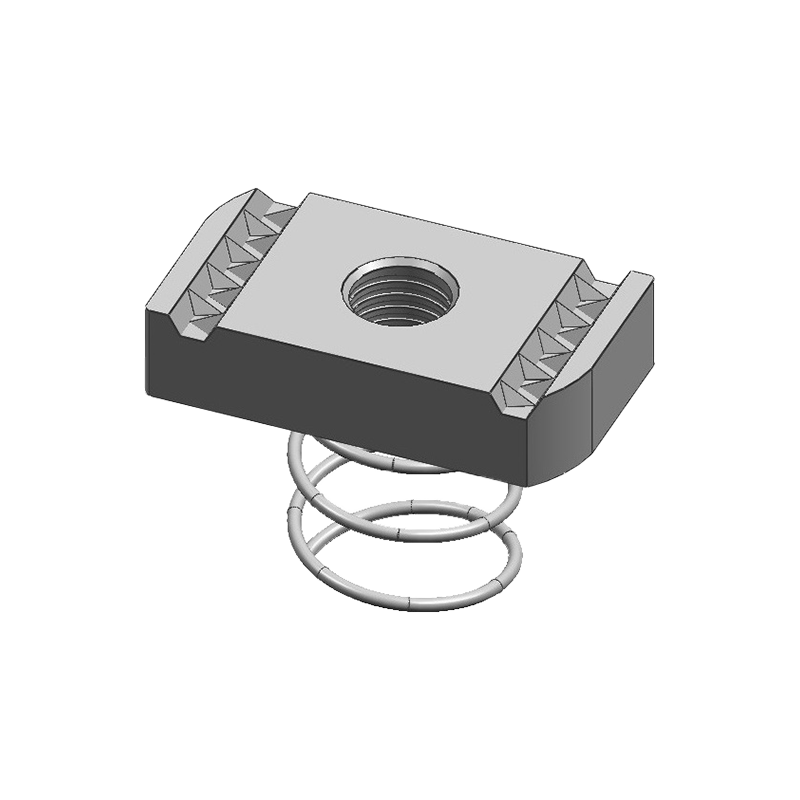The mechanical properties of channel steel can vary depending on factors such as the type of steel, its alloying elements, and the manufacturing process. However, I can provide a general overview of the mechanical properties commonly associated with structural channel steel used in construction and engineering. These properties are typical but may vary among different grades and types of channel steel:
Tensile Strength: Tensile strength measures the maximum axial load (tensile load) a material can withstand without breaking or deforming. Structural
channel steel typically has a tensile strength in the range of 50,000 to 65,000 pounds per square inch (psi) or 345 to 450 megapascals (MPa).

Yield Strength: Yield strength is the amount of stress a material can withstand without permanent deformation or yielding. It is typically lower than the tensile strength. Structural channel steel generally has a yield strength of around 36,000 psi or 250 MPa.
Elongation: Elongation is a measure of how much a material can stretch or deform before it breaks. For structural channel steel, elongation values are typically between 18% and 25%. This indicates that the material can deform significantly before failure.
Modulus of Elasticity (Young's Modulus): This property measures a material's stiffness or its ability to deform elastically when subjected to an applied load and then return to its original shape when the load is removed. Structural steel typically has a modulus of elasticity in the range of 29 x 10^6 psi or 200 GPa.
Shear Strength: Shear strength measures a material's resistance to shear or sliding forces. The shear strength of channel steel can vary depending on the type of steel and the specific conditions but is generally around 60-70% of the tensile strength.
Compressive Strength: Compressive strength is the maximum load a material can withstand when subjected to axial compression. Structural channel steel has a high compressive strength, often exceeding its tensile strength.
Hardness: Hardness measures the resistance of a material to deformation or indentation. Channel steel is not typically characterized by its hardness, as it is primarily a ductile material.
It's important to note that these mechanical properties can vary based on the grade and type of steel used for channel sections. Additionally, steel can be heat-treated or alloyed to achieve specific mechanical properties tailored to the needs of a particular application. Engineers and designers typically select channel steel with appropriate mechanical properties to meet the structural requirements of a project, considering factors like load-bearing capacity, deflection limits, and safety margins.

 中文简体
中文简体
 English
English
 Español
Español
 Deutsch
Deutsch










.png)
.png)
.png)
.png)





